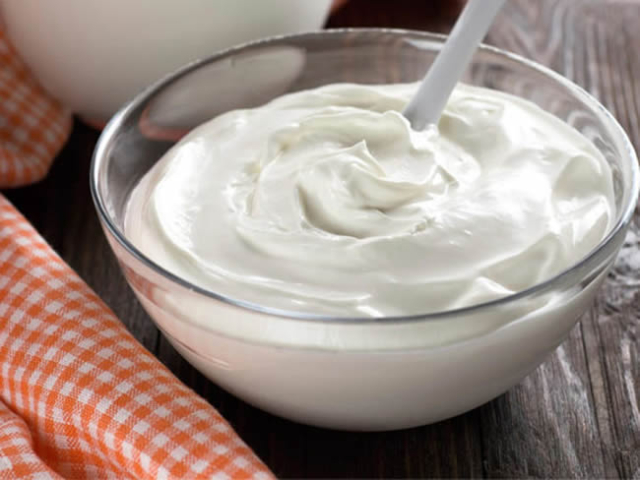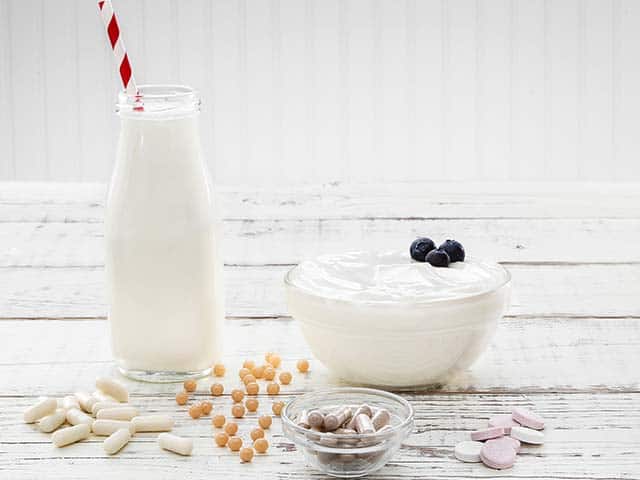Probiotics have gained significant attention in recent years for their potential health benefits. But what exactly are probiotics, and how do they work? In this blog post, we will delve into the fascinating world of probiotics, exploring their definition, types, and mechanisms of action. By understanding the fundamentals of probiotics, we can grasp their potential impact on our health and make informed decisions about incorporating them into our daily lives.
Section 1: Probiotics Defined
Probiotics are live microorganisms, predominantly bacteria but also including some yeasts, that confer health benefits when consumed in adequate amounts. These beneficial microorganisms can be naturally present in certain foods or obtained through dietary supplements. Probiotics are distinct from pathogenic bacteria that cause illnesses and are considered safe for human consumption.
Section 2: Types of Probiotics
Probiotics encompass a variety of strains belonging to different species and genera. The most common types of probiotics include Lactobacillus and Bifidobacterium species, which are naturally present in the human gut. Each strain of probiotic may offer unique benefits, and research continues to uncover their specific roles in promoting health.
Section 3: Mechanisms of Probiotic Action
Probiotics exert their effects through various mechanisms, contributing to improved health and well-being. These mechanisms include:
- Restoring Gut Microbiota Balance: Probiotics help maintain a diverse and balanced gut microbiome by inhibiting the growth of harmful bacteria and promoting the growth of beneficial ones.
- Enhancing Digestive health and Nutrient Absorption: Probiotics produce enzymes that aid in the breakdown of complex carbohydrates, proteins, and fats. They also assist in the absorption of essential nutrients, such as vitamins and minerals.
- Reinforcing Gut Barrier Function: Probiotics support the integrity of the intestinal lining, preventing the entry of harmful substances into the bloodstream. They enhance the production of tight junction proteins, strengthening the gut barrier’s defense against pathogens.
- Modulating Immune Response: Probiotics interact with immune cells in the gut-associated lymphoid tissue, stimulating the production of immune factors. They help regulate the immune response, promoting a balanced immune system and reducing the risk of allergies and autoimmune disorders.
- Producing Beneficial Metabolites: Probiotics produce beneficial metabolites, such as short-chain fatty acids (SCFAs), that provide nourishment to the gut cells and support their health. SCFAs also have anti-inflammatory properties and contribute to overall gut homeostasis.
Section 4: Choosing and Incorporating Probiotics
When selecting probiotics, it’s essential to consider factors such as strain specificity, dosage, and product quality. Look for probiotic supplements with strains that have been researched for their health benefits and ensure that the products have undergone independent testing for potency and purity. It’s also important to consult with a healthcare professional to determine the most suitable probiotic for your specific needs.

Incorporating probiotics into your routine can be done through probiotic-rich foods like yogurt, kefir, sauerkraut, and tempeh. Probiotic supplements are another option, providing a convenient and consistent way to ensure adequate probiotic intake. Remember to follow the instructions on the product label and be consistent in your usage for optimal results.
Conclusion
Probiotics are living microorganisms that offer potential health benefits when consumed in adequate amounts. Understanding their definition, types, and mechanisms of action allows us to make informed choices about incorporating them into our lifestyle. Probiotics support gut health, digestion, immune function, and overall well-being through various mechanisms. By choosing high-quality probiotic products and maintaining a balanced approach, we can harness the potential of probiotics to optimize our health.




